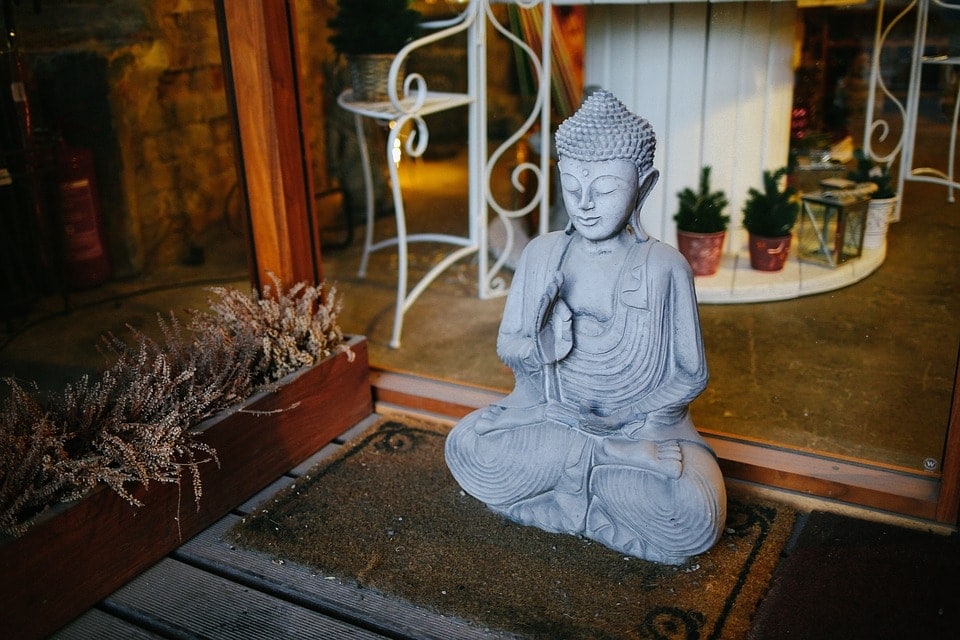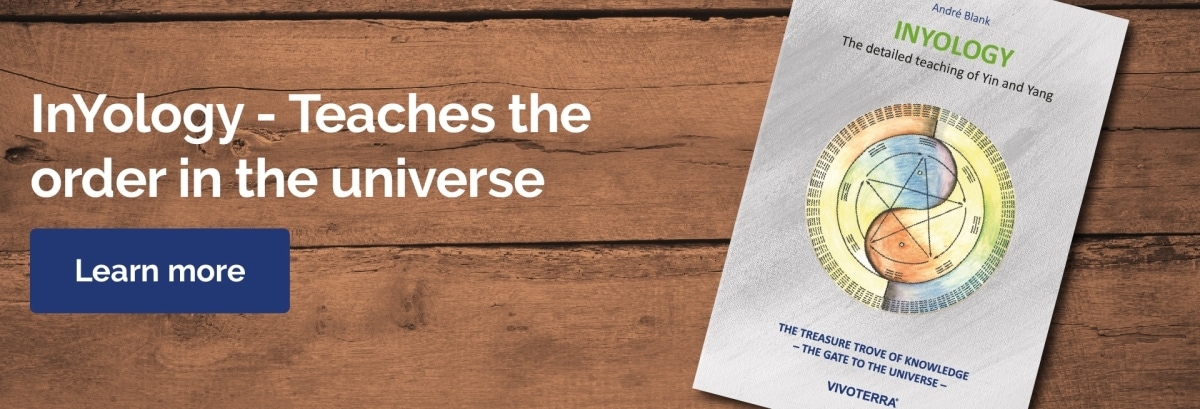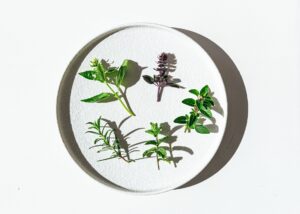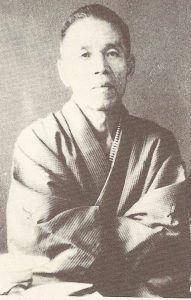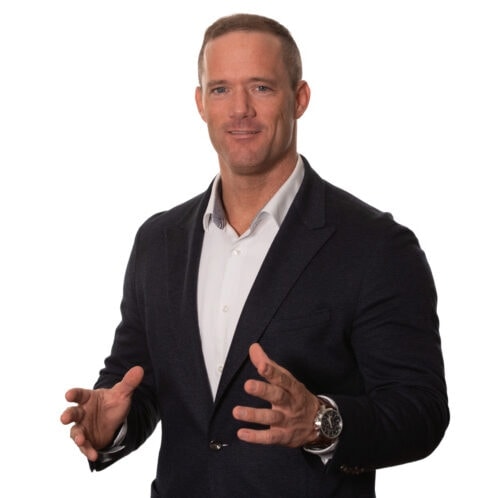The Japanese term sensei denotes the “previously born” and is in everyday language a respectful form of address for every teacher in Budō, a title that can be used from a certain level of development. The term is also used for other high ranks (e.g. professor, doctor, master, etc.).
What is a sensei?
There are two categories of sensei (master) in the Far East. You shouldn’t confuse them. First of all, the term “sensei” means master in the broadest sense. Word for word: that which was born before. Therefore, all people who were born before you are in principle your “masters”. And that is the basic structure of Far Eastern society (especially in the traditional east). It is physical, biological, and most importantly, physiological. It is natural and pliable.
The second category “Masters” is also called “Sensei”. The real meaning of these words is “leader”, “the free man”. Free from any difficulty and suffering. The master cannot and must not be “sick” (in the Taoist sense) whatever the circumstances. The master must be macrobiotic. He should lead all those he meets on the long way of his life to infinite freedom, to eternal happiness, and absolute justice. The one who lives a very long time but does not teach the way to the realm of infinite gratitude and joy is by no means a true master.
The sensei – a master of peace
The true master should – put into practice – show the last way to eternal happiness with his way of life and judgment (social peace), for everyone, and forever. In short, his life should be the model of a free human being who feels good, is healthy, who is “loved” (respected) by everyone everywhere.
The true master must not be dependent on medicine or other sciences, nor even on tools. He is a Sendoka. A path master. (Comparison: Karateka, Judoka, Aikidoka, Kendoka, Iaidoka, etc.). He must be mentally clear – healthy in consciousness – he must be a role model. He must not and should not save the sick with his hands. It is intended to show the most effective means to achieve infinite freedom without an instrument.
The teacher of the way or the master (sensei) has a different meaning in Asian cultures than in Europe. There he is not the one who imparts knowledge or skills to a disciple, but the one who shows the way (Do). For this purpose, he uses an art, whose goal, however, beyond the learning of forms (techniques) consists in an inner confrontation, from which the possibility of the way arises.
The sensei – master of the way
The teaching of a Master is therefore inaccessible to those who want only the form (technique).
The term master means a human being who is already on the path, knows about the problems of path obstacles, and is able to help disciples over these obstacles. It only applies where the exercise he is leading serves the path and not a purpose-related skill. On the way, all the techniques to be practiced aim at inner growth, and the more perfect the technique, the greater the demand for the perfect human being. Any real master will only use his art for this purpose. In Asia, a human being who knows the highest philosophies or arts but does not understand or use them as a way of doing things is not considered a master.
A human being is master of the way when the inner struggle for the higher ideal has become visible in his formal expression, but not when he merely demands or can achieve high performance. The path teacher is also not a teacher in the conventional sense who distinguishes right from wrong and conveys dogmatic truths. And yet he knows what is right and wrong.
The only thing that interests the master in the disciple is the disciple’s struggle against his ego. No matter what the disciple appeals to in the ego, the master does not accept it.
He attacks everything that the ego is fixated on.
Therefore, every master’s teaching seems arbitrary and authoritarian, because it suppresses the emerging urge to seek recognition and self-expression, and thus destroy value and worthless at the same time.
Only what comes from the human being himself, what arises purely and unclouded in his deepest being, and is bound to a struggle for legitimate knowledge, the master allows to be valid. Only when the disciple himself becomes a master, he knows about the meaning of this experience.
From student to master
No student should expect the pedagogical behavior of a good school teacher from the master, or the teaching of conventional values, because he fights precisely what is sacred to the average citizen. The master demands overcoming the ego in every relationship. He overturns everything that is an end in itself. He teaches becoming, not being.
Basically, a master does not teach anything, but monitors his disciple’s struggle for his own mind. To provide a viable background for an independent mind. The master has the knowledge of how. He knows the obstacles that the disciple must overcome on the way to himself, and he knows the conditions of this struggle.
“Wu-Wei”. Altruism is thus seen as the producer of beggars, of addicts. The western, Christian masters, preachers of the eastern way, are these the real masters?
There are so many Catholic, Protestant hospitals and doctors in the west. That means Christianity without Jesus. Jesus healed everyone without tools. He never insisted on the need for hospitals or doctors. He healed everyone through prayer and fasting (but understood correctly). He did not teach symptomatic medicine, even to his disciples whom he sent to foreign lands. In contrast to the missionaries of today.
Christianity, deprived of the healing art of Jesus, is not true Christianity.
The spirit of the sensei
The sensei doesn’t prefer anyone. He is even stricter towards faster advancing disciples. Towards beginners on the path he is friendly, but tough. He points out the inner, spiritual aspects of art in a corresponding way and is on friendly terms with his students. The sensei takes opposite opinions of his disciples. So he checks them and watches their reactions. He doesn’t praise anyone. The highest praise in the martial arts and in all traditional arts in general is silence. He will notice how the disciples inside and outside the dojo behave towards friends and work and will proceed accordingly. He will throw in untruths to see if the disciples will take them in; he will be silent if he should shout. The sensei listens when the disciples speak, but he can understand the reasons for their speaking, he is stubborn but still agile.
He is always active, even when he is passive, giving while others are taking. He does not ask for gifts, protects the development of body and mind. He is sad, sometimes unhappy, often abandoned and betrayed, but he always stays on the path because he himself is that path. Even if its appearance changes, the sensei does not change; he can adapt himself completely, but he keeps his ideals within himself.
Injustice can never overcome the principle; the principle never conquers the law; the law cannot conquer power; the force never conquers the mind.

